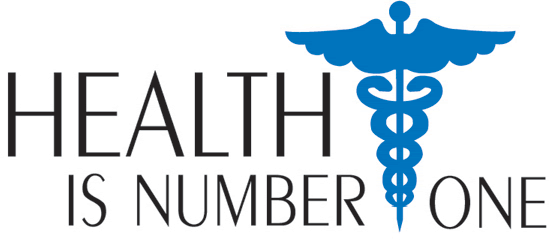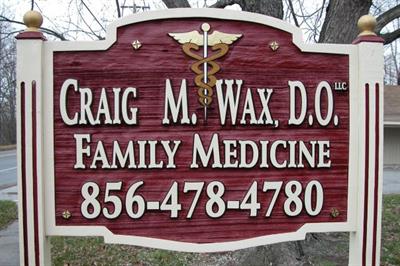Health Library ~ Family Medicine in Mullica Hill, NJPreventing Teenage Drug Abuse Communication Key in Fight Against Teen Drug Use The teenage years are a time of exploration, a chance to enjoy newfound independence and discover all that the world has to offer. Rarely do teens lament their own vulnerabilities or dwell on the long-term consequences of their actions. Unfortunately, we know all too well that choices made as a teen can literally become matters of life or death – especially when it comes to drug use. Parents must educate themselves about the dangers of substance abuse, and be familiar with the signs of a problem. More than anything, though, they must communicate with teens, ensuring that parents know what is happening in their children’s lives. "One of the best guards against teenage substance abuse is an alert parent," says Craig M. Wax, D.O., an osteopathic family physician from Mullica Hill, NJ. "Parents who are active in their children’s lives are better able to prevent problems with drugs or alcohol, or address them before they get too far." Some teens start using drugs out of curiosity, just to see what it’s like. Others experiment because their friends are doing it, and they want to be a part of the group. And still others think experimenting will make them seem more mature or independent. Afterall, teens who view themselves as young and invincible, ask, what does it hurt to try a drug just once? Sadly, we know that one time can do more than hurt. In fact, 50 percent of deaths in the 15 to 24-year-old age range involve alcohol or drug use, according to the American Academy of Child & Adolescent Psychiatry. Substance abuse can also contribute to physical and sexual aggression, such as assault or rape. And the long-term effects of usage include blackouts, withdrawal symptoms, and increased problems functioning at home, school, or work. These realities can leave parents feeling helpless, but there is plenty they can do. For starters, parents should become familiar with the warning signs of drug use and make sure they know as much as possible about the activities of their children. "Parents will best know what is happening with their children if they are talking to them constantly, and if they are willing to ask a lot of questions," stresses Dr. Wax. "But there is no way to know for sure whether your child will or will not use drugs, so it is extremely important that parents know the warning signs of a problem." Parents should be on guard for the following signs of drug use: Signs at home: Deterioration in family relations; not coming home on time; constant excuses for behavior; lies about activities. Signs at school: Drop in academic performance; change in group of friends; delinquent behavior; loss of interest in learning. Physical/emotional signs: Red eyes; persistent cough; change in sleeping or eating habits; appearance of unhappiness or depression; poor hygiene. "It is important to note that even if a teen shows several of these warning signs, it does not mean he or she is abusing drugs," explains Dr. Wax. "But it does mean there could be a problem and parents should talk to their teens and not be afraid to consult their family physician for medical help or advice." It is natural to be startled after finding out that a son or daughter has been using drugs – but it is important to not overreact. Extreme visions of dependency and delinquency can prompt parents to rush a child into the wrong type of treatment, or into a program that isn’t necessary. There is not one answer for all situations, so it is vital that parents make a calm assessment of the circumstances involved. In certain cases, counseling may be appropriate. More serious abuse may require a residential treatment program. Parents can best make a treatment decision by working with their teenager and a professional. Equally as important as treatment, though, is prevention. Parents must communicate with their children, talking with them, not at them. Parents should know where their teens are and who they are with. And they should talk openly with their kids about the dangers of drugs and alcohol. By taking these steps, parents can possibly stop a drug problem before it starts. |
|





